Call to worship:
1 Give thanks to the Lord, for he is good,
for his steadfast love endures forever.
2 Give thanks to the God of gods,
for his steadfast love endures forever.
3 Give thanks to the Lord of lords,
for his steadfast love endures forever;Psalm 136:1-3
Gathering Video
Questions for reflection:
How does Exodus connect to Genesis? What themes a picture repeat?
“God makes a way.” In what ways do you see that in Exodus 1? How about your own life?
What themes from Exodus do you see repeating in Jesus?
Corporate Prayer:
Our Father in Heaven,
We thank you for the gift of salvation found in Your Son Jesus. We're grateful that your plan includes a Helper in the Person and work of the Holy Spirit. Would you graciously grant us that power promised, to filled and sent with your truth and love to the world around us.
In the name of Jesus we pray,
Amen
If you are able to support the church financially, we invite you to give securely by clicking the button below:
Notes//Quotes//Slides:
Exodus 1:7-22
Books do not usually begin with the word “And.” But Exodus does, in the Hebrew text, and so do Leviticus and Numbers: the second, third, and fourth books of the Bible. You would not know this from most modern English translations, presumably because it is not considered good literary style to begin a sentence, never mind a whole book, with “And.” In Hebrew, however, although these are clearly whole books in their own right, each of them begins in a way that clearly connects them altogether as part of one long story that began in Genesis and stretches to the borders of the promised land by the end of Numbers. Deuteronomy, however, begins with a fresh telling of the same story and ends where it started, so does not need the connecting and forward-moving opening word “And.” - Chris Wright
The Pentateuch as a whole—the Torah—constituted the foundation of Old Testament Israel’s faith and identity, and the book of Exodus sets in place some of the largest theological blocks within that foundation. It showed Israel who their God was, who they were as God’s people, how God’s desire was to dwell in their midst, and how the grace of God was the only guarantee that their journey with God (or rather, God’s journey with them) could continue - Chris Wright
“Ironically, Genesis presents the mother of all Israelites oppressing an Egyptian slave, while Exodus presents an Egyptian king oppressing Israelites as slaves. To that degree, Sarah foreshadows pharaoh’s role, just as Hagar’s story prefigures Israel’s story” - Victor Hamilton
“The pogrom has reached its height. All Egypt has been recruited to destroy the population explosion of the enemy” Brevard Childs
The first exodus comes in the midst of a plot that should be familiar to anyone who has read the garden story in Genesis. The people of Israel are fruitful and multiply and fill the land, but the serpent-like king is tricksy, and he attacks the women, with a view to destroying their male descendants. Yet in contrast to the garden story, the women outmaneuver him. - Alastair Roberts
The unmissable proclamation heard in the openings of all four gospels, then, is simply this: “God is doing it again!” The God of Abraham is keeping his promise. The God of Moses is confronting the world’s pharaohs. The God of the exodus is on the way to save his people. Except that the ultimate confrontation and victory will not come about by God sending plagues upon the Romans but by God the Son becoming the Passover lamb, his flesh broken and his blood shed on the cross for the redemption not only of Israel but of people from all nations who put their trust in him. From this point on, the New Testament is replete with echoes of exodus and new-exodus themes, along with its references to the covenant and law given at Sinai, and the tabernacle - Chris Wright
